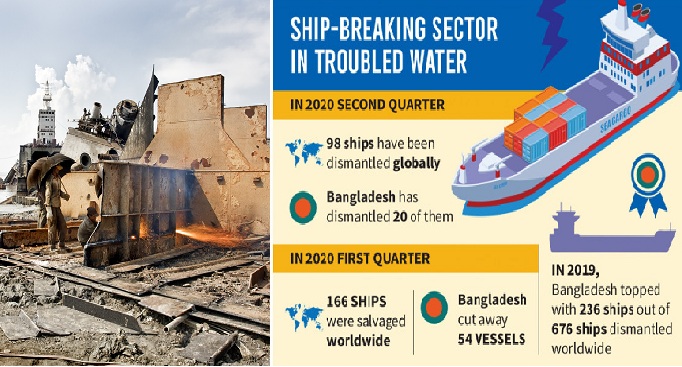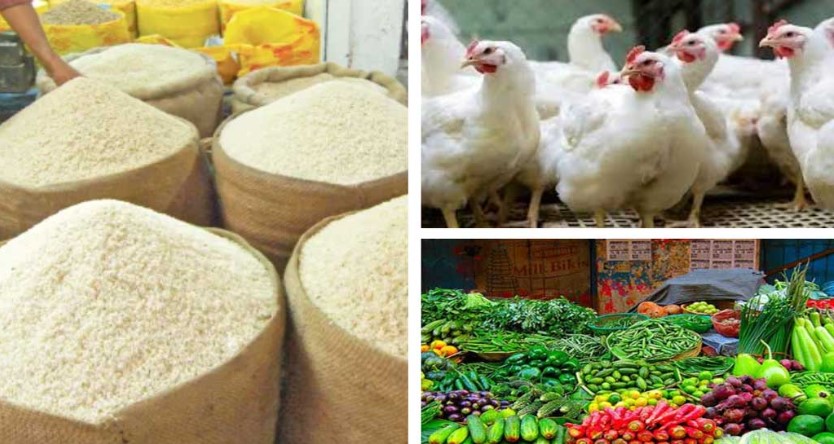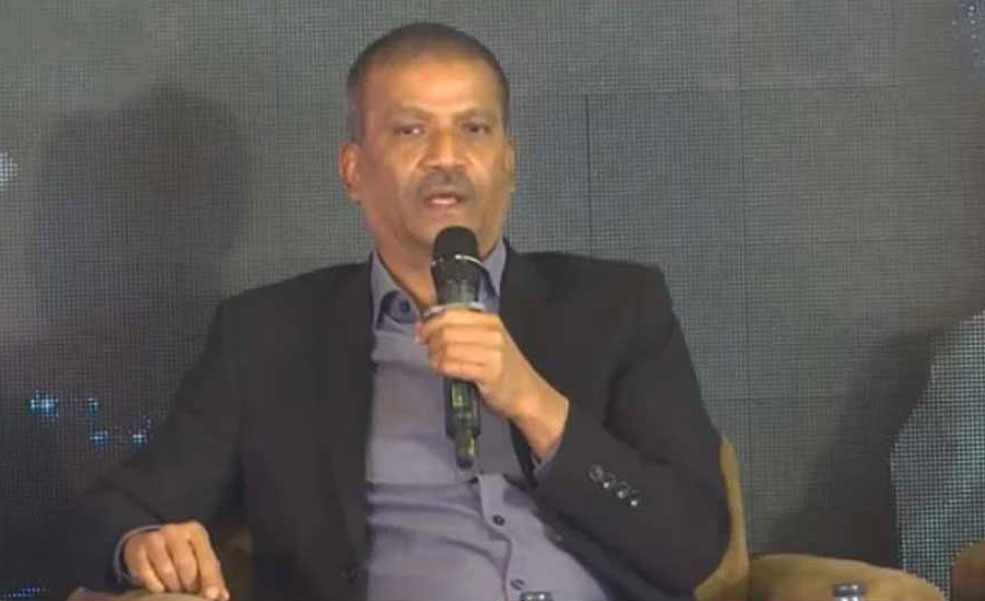Uncertainty in business has been set in motion for the ship dismantling sector based in the port city Chattogram owing to the coronavirus pandemic and additional import duty on rundown ships.
Only 74 ships were imported in the first six months of this year, a record low in the last six years, while ship-breaking yards at Sitakundo upazila in Chittagong cut away more than 200 ships on an average per year.
In first six months of last year, around 150 ships were brought to Sitakundo for scrapping.
Businessmen said the fall in import will hurt steel and rod manufacturing since they depend on ship dismantling for raw material supply.
Bangladesh topped in dismantling old ships last year, but lost the position to India in the first three months of 2020. According to the NGO Shipbreaking Platform ─ an NGO coalition campaigning for clean and safe ship recycling – India became first in ship dismantling in the first six months of the current year.
The neighboring country dismantled 95 vessels in six months while Bangladesh scored second with 74 ships.
Mohammad Zahirul Islam, managing director of PHP Ship Breaking and Recycling Industry Ltd, says that imposing 5 percent advance tax (AT) and raising value added tax (VAT) to Tk1,000 from Tk300 on scrap sale in the 2019-20 fiscal year budget has brought the slump to the sector.
He said, "The Covid-19-led countrywide shutdown closed the breaking yards and suspended scrap sales also affected the sector."
The managing director said they asked the concerned authorities to ease the pressure of VAT and AT in the last budget. But the government response was negative.
Bangladesh in 2016 imported a record 250 rundown ships weighing around 33 lakh tonnes. Ship-breakers said they tailored their plans accordingly for the then emerging sector. But introduction of the new VAT law in 2019 and slapping 5 percent advance tax on import poured cold water on their plans.
The ship-breaking yard owners said ship import started dipping in the second half of 2019. Later the pandemic and virus-led shutdown in Bangladesh contributed to the fall.
Steel sector to sustain long-term effects
The rod manufacturing units and re-rolling mills were shuttered for months due to the pandemic-led shutdown. The virus spread slashed their production to 20 percent.
Many of the factories resumed production on a limited scale from June 1 as the shutdown ended in May. The ship-breaking sector mainly supplies raw material to the production units.
Rod manufacturers said though they were yet to feel any crunch in raw material supply, the fall in ship import will hurt the steel sector in the long run.
Re-rolling industry KSRM Group Chief Executive Officer Md Meherul Karim said they use ship scrap for steel and rod manufacturing. The production certainly will slump if the scrap supply falls from the ship breaking industry.
"The effects will be felt once the businesses resume fully. We would even have to import scrap to keep our production lines running," he commented.
According to the Bangladesh Steel Manufacturers Association, the country has 235 steel mills currently. Of them, 36 mills are automated while the rest are of the old re-rolling factory type. The annual steel production amounts to nearly 70 lakh tonnes.
The automated mills supply nearly 80 percent steel of the steel, and they mainly depend on ship breaking yards. The yards supply 60 to 70 percent of the raw material while the rest comes from metal billet.
In the meantime, rod prices fell recently due to low demand as many mega-projects and constructions were closed. The fall in rod price dragged down the price of scrap – currently at Tk32,000-33,000 per tonne. The ship breaking sector provides rod manufacturers and re-rollers with 25-30 lakh tonnes of scrap per year.
Though Sitakundo has more than 150 ship dismantling yards, only 70-80 of them dismantle ships regularly.
Mohammad Hossain of scrap supplier Mukul and Brothers said that though the current demand for scrap is low, the market will heat up once businesses return in full-fledged operations. Any fall in scrap ship import will result in a hike in rod prices.











